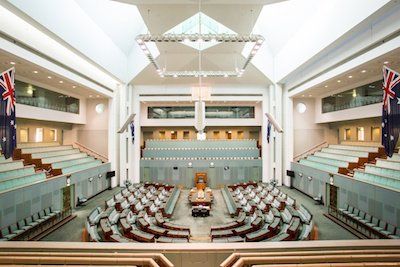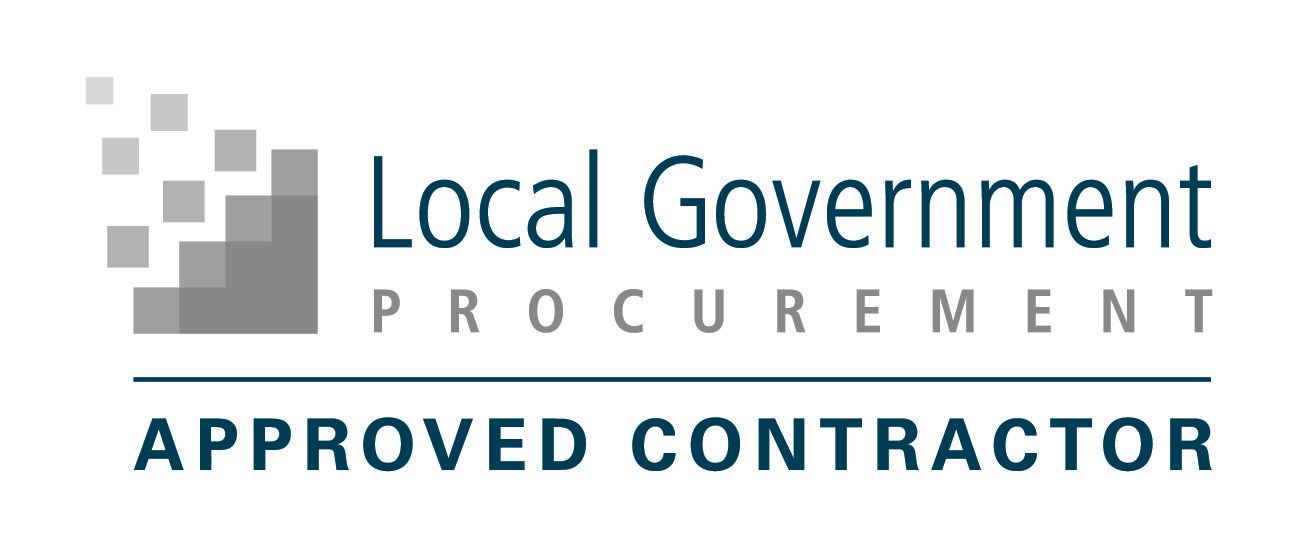Federal Budget 2020 recap: SMEs need to focus on supply chain vulnerabilities
Joe Papadatos, Managing Director
In this fifth and final part of our series on the 2020 Federal Budget and SMEs, we examine how supply chains have been disrupted this year and how the Federal Government’s focus on supply chain is critical. We will also look at the role businesses need to play.
The COVID-19 pandemic has exposed supply chain risks across the world, and no one has been immune. Everything from national healthcare stockpiles to individual business inventory has been impacted. All Australian organisations must grapple with the ramifications and examine what the long-term impact on their supply chains will be.
Companies large and small that purchase overseas goods or export goods are the most obvious, but even the smallest local service businesses are impacted because they buy goods in order to operate.
For many, the
disruption of supply chains is the single greatest threat, and all businesses should
be exploring supply chain diversification to boost their resilience. Business
owners should also be broadening their client base to spread risk
Research demonstrates the impact
A new joint survey from the Australian Chamber of Commerce and Industry (ACCI) and the University of South Australia (UniSA) found that maintaining supply chains continues to be one of the most challenging issues for Australian businesses to overcome during the pandemic.
In September 2020, ACCI and UniSA undertook a joint study of the challenges facing Australian businesses operating during and after the initial impact of COVID-19.
“Business-to-business trade was crippled by supply chain disruptions.”
The survey showed business-to-business trade was crippled by supply chain disruptions, with more than a third of businesses planning to diversify their supply chains over the coming year.
The survey also highlighted that while supply chain diversification is viable for larger businesses, SMEs may experience difficulty with dual-sourcing methods. Addressing these difficulties may require access to digital infrastructure and technology and business advisors.
Supply shock become demand shock
From an economics perspective, early in the pandemic we were in supply shock, where there were less workers producing less output. This moved into demand shock, where people buy less and buy different things to what they normally purchase, making it very hard to predict what goods to provide, or services to offer.
Any business that has an extensive presence in, or direct ties to, areas affected by COVID-19 should assess their organisation’s exposure so they can appropriately support key stakeholders, employees and customers.
Even before the pandemic of 2020, companies that were heavily exposed should have had plans in place. COVID-19 is by far the biggest shock to supply chains, but it is not the only one in recent times. In 2010, for instance, the eruption of a volcano in Iceland cost airlines billions as flights were grounded due to ash.
The following year, the earthquake, tsunami and nuclear disaster in Japan caused car maker Toyota to cut production by 40,000 vehicles, costing the company millions each day.
And COVID-19 is not the first disease to threaten supply chains. In 2009 the H1N1, also known as the swine flu pandemic, reduced GDPs around the world.
Federal Budget Supply Chain Resilience Initiative
In the 2020-21 Federal Budget the government pledged $107.2 million for the Supply Chain Resilience Initiative to support all Australian businesses.
The Government has proposed to issue a set of Sovereign Manufacturing Capability Plans that will identify vulnerabilities in Australia’s domestic and international supply chains, starting with health and medical products (and possibly also food and food services, and chemical and plastics) and extending to other sectors.
“Sovereign Manufacturing Capability Plans that will identify vulnerabilities in Australia’s domestic and international supply chains.”
From 1 July 2021, companies will be able to apply for a share of the $107.2 million in funding over four years where they address an identified supply chain vulnerability. SMEs in particularly should be applying for this type of assistance.
The Federal Government is also supporting business through initiatives such as the recently signed Regional Comprehensive Economic Partnership (RCEP) trade agreement. The RCEP will help businesses to explore new options to help them future-proof their businesses.
How we can help
Icon Visual Marketing currently has clients who have critical supply chains, and we know we can support other Australian companies as well. We have expertise in helping organisations grow their business.
At Icon, we work with many SMEs to help them solve business problems by building customer connections through innovative marketing programs. We are business advisors who understand the challenges SMEs face every day.
* This is the final part of our five-part series digging into Federal Budget 2020 and outlining what it holds for SMEs. Read
part one, part two,
part three and
part four now if you haven’t already.
KEEP IN TOUCH
















